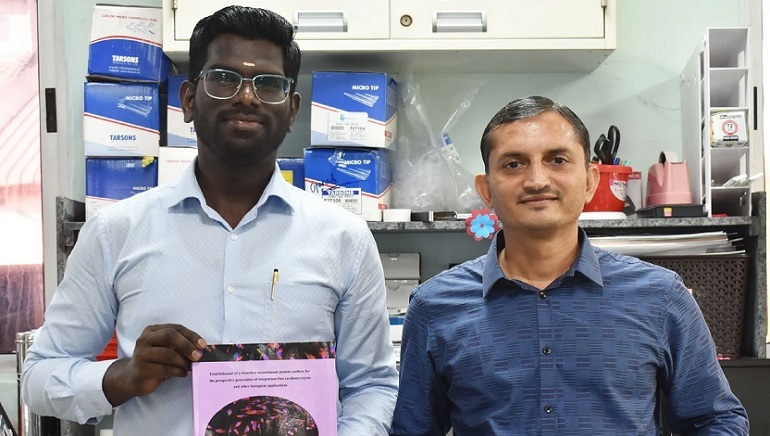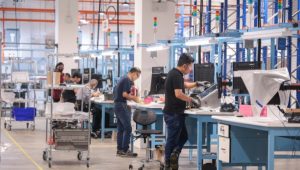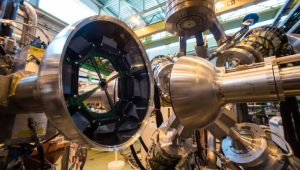Researchers from IIT Guwahati have developed a ‘recombinant protein toolbox’ that converts skin cells into heart cells. The heart cells produced using this toolbox can perform the same function as the original heart cells and regenerate damaged heart tissues. This technique is safer as the recombinant proteins disappear over time, without leaving toxic waste. The toolbox comprises six special proteins.
The results of the research have been published in the journals, Current Research in Biotechnology, Molecular Biotechnology, Bioprocess and Biosystems Engineering, Applied Microbiology and Biotechnology, and Scientific Reports.
The six special proteins can be used to convert healthy skin cells or any somatic cells from an adult human body into heart cells. All the cells in the body apart from germ cells (sperm and egg cells) are called somatic cells. The heart cells generated using this technology are cardiomyocytes, which are the cells responsible for the contraction of the heart. In other words, cardiomyocytes are responsible for the beating of the heart. The cardiomyocytes produced using this tool box can perform the same function as the original heart cells. The toolbox can be used in laboratories to facilitate the generation of autologous heart cells. This means that an individual’s own cells can be used to generate healthy heart cells.















